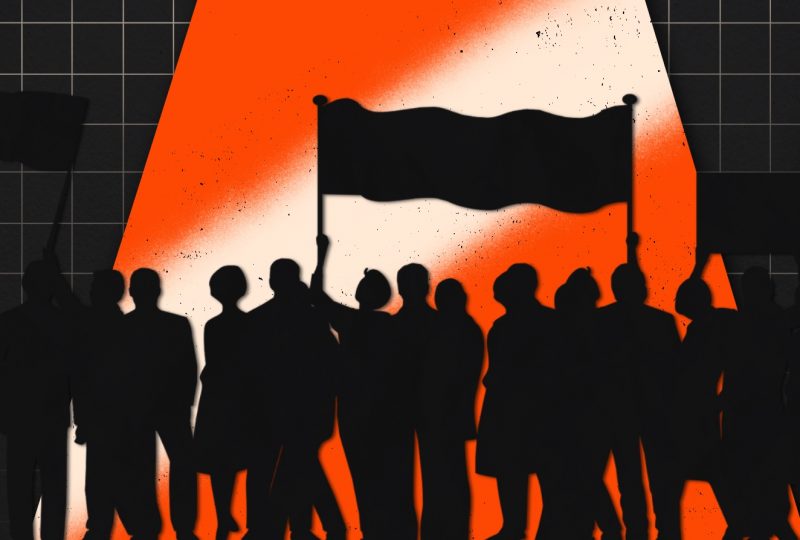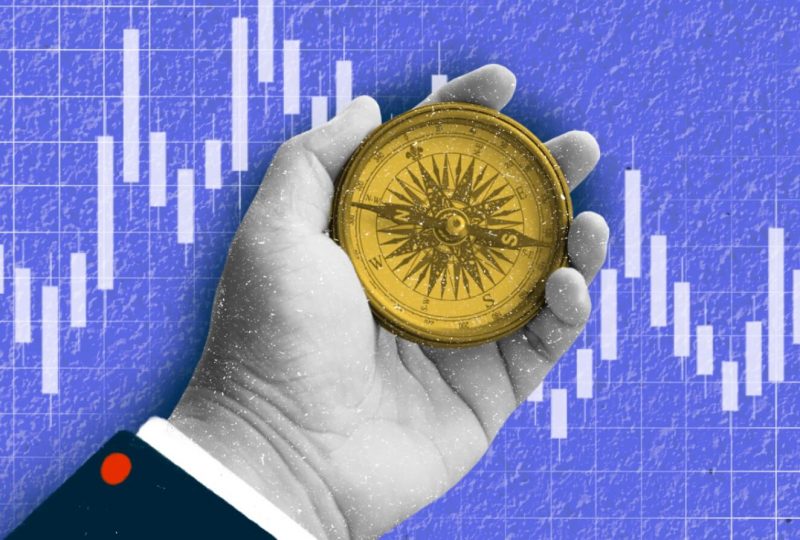China’s Protests Spread Across the Nation, Unsettling Markets.
Nov 29, 2022

Protests in China extended over the weekend, pushing down local markets on Monday and creating doubts about Beijing's promise to relax its severe zero-Covid-19 policy — all while new cases in the region reached a record high.
On Saturday and Sunday, large crowds gathered in dozens of Chinese cities, originally to oppose China's heavy-handed Covid-19 containment policy, but quickly expanded to slogans against the Communist Party and even leader Xi Jinping.
Protests varied from hundreds of people marching and singing in China's most economically and politically important metropolises, such as Shanghai and Beijing, to tiny communities in the country's far west.
Huge crowds also gathered at China's most famous universities, including Peking University and Tsinghua University in Beijing, as well as Fudan University in Shanghai.
According to eyewitnesses and thousands of recordings removed from China's Weibo social media network but shared widely on Twitter, protesters have gotten brazen as police have been more forceful, taking away dozens of individuals by vanloads.
"They trucked in additional cops, even though there looked to be as many as opponents," said Shanghai graduate student Lewis Liu, referring to Sunday night. But the next evening, police appeared to be much more prepared, blocking roads and dividing protesters from forming a united mass.
In order to avoid censorship, Chinese protests showed their trademark creativity on the streets and online. Crowds in Shanghai first yelled, "No more Covid testing, no more lockdowns!" After police with megaphones told them to stop making such comments, the crowd cynically modified its chant to "More Covid tests, more lockdowns!"
The blank white paper has also become a symbol of the demonstrations, with demonstrators hoisting absolutely wordless banners in front of rows of police. "You know what I want to say, but I can't," one posting said.
There was no indication of the countrywide rioting on China's strictly controlled internet. A search of numerous keywords related to the demonstrations on Twitter-like Weibo showed only one post by a state news agency denying claims that a Shanghai paper firm had sold out all of the A4-sized paper — with no discussion of why such rumors would exist in the first place.
The size and intensity of dissent in China have not been witnessed since the 1989 Tiananmen Square demonstrations.
The unprecedented outcries have arrived at an unusual time. Earlier this month, as the latest wave of illnesses grew fast, senior officials proposed a 20-point strategy to relax zero-Covid-19 rules for both locals and inbound travelers. Hong Kong and mainland Chinese markets, which had been among the worst performers this year, recovered.
However, the number of reported cases increased during November. Today, health officials recorded 40,347 new cases for Sunday, China's fifth day of record-breaking highs. However, there were no documented deaths, fueling protests' belief that the harsh limitations are far too restrictive for a barely dangerous virus nowadays.
Market rallies flopped as the weakening of the Covid-19 zero level proved challenging, and the Chinese government could not bring cases under control. Hong Kong’s Hang Seng Index (HSI00) fell more than 4 percent early Monday, while the mainland's Shanghai Composite Index (SHCOMP) fell more than 2 percent. However, both recovered slightly during the day.
"Almost overnight, social turmoil in China has become a serious threat even to global markets. This comes amid a stronger economic headwind caused by declining global and local demand. Investors are facing a period of growing uncertainty," Shehzad Kazi, managing director at consultancy China Beige Book, told Barron's on Monday.




